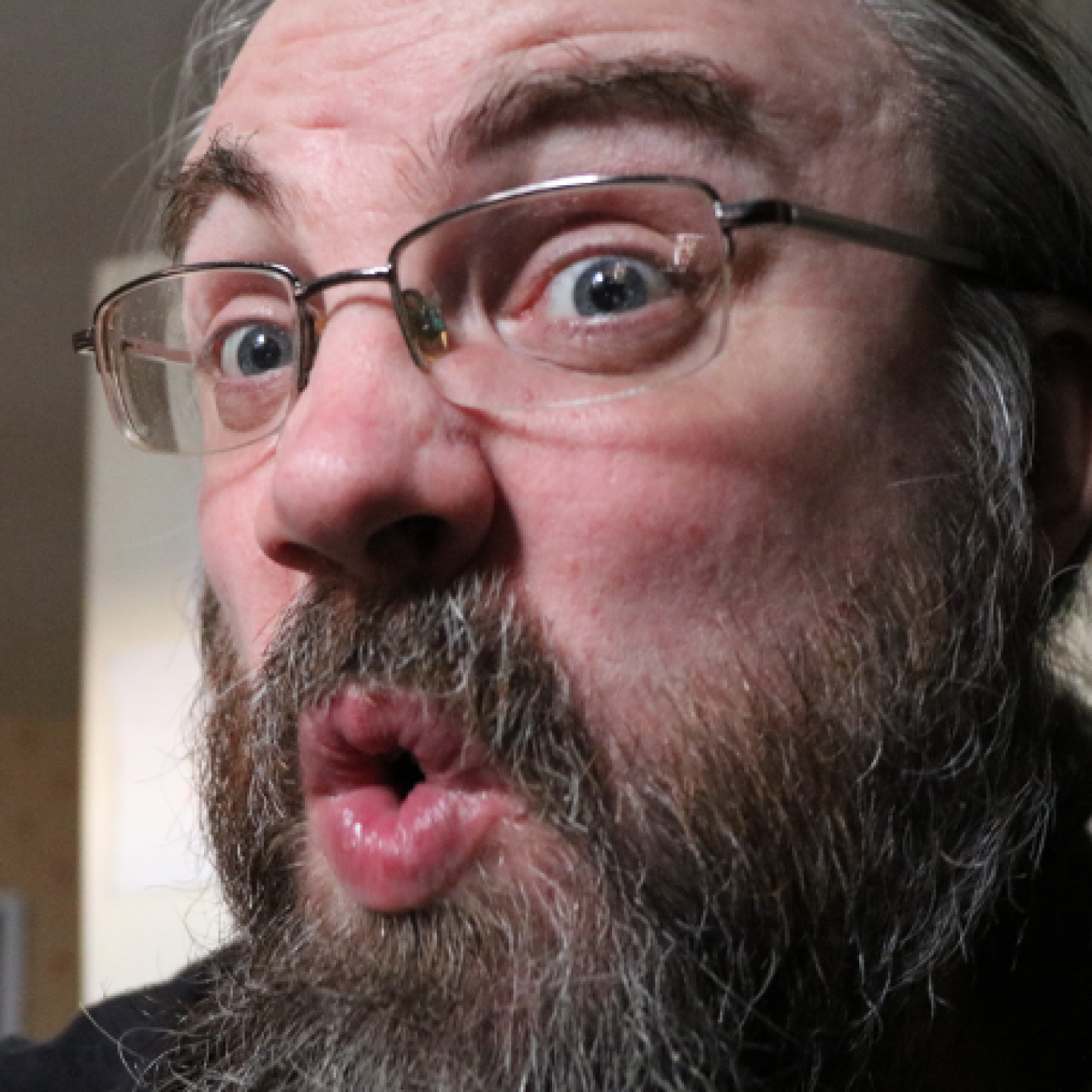This post in response to the Thanet Creative Writers theme for the competition. It’s not an entry (that would not be fair) but I thought I would address the prompt anyway.
Where do I even start? What mistakes don’t I make might be a shorter post.
You see, I am a dyslexic writer. That means that while I am trying to get my ideas onto the page I have to fight a whole host of limitations and quirky disabilities in order to gt what is in my head in such a way that it can be in your head too.
As Vicky Morris says:
…our difficulties mean we often work much slower and, despite our best efforts and all the will in the world, we will miss things and make mistakes more often than non-dyslexics.
How I write
When I write a scene I am not just writing the scene I also see the scene that will call back to it and the way it will play into the final act. For example, when I wrote the first part of Legend, I wrote “In a far off land, many years ago, there was a dark and malevolent being whose name was secret from all” and while I was constructing that sentence it was also the end of the story I was making. I promise that you have no idea where this story is going but it will take your breath away.
When I am thinking about how Malial interacts with the mermaid (that part will be published soon) I am also thinking about how this will shape the end stage. I am also setting up seven other scenes that this will make way for.
In “That story with the cat in” I put a conversation in chapter two where Lilly asks what Jack likes. While I was adding a joke about how creepy Dave was being I was also setting up an entire chapter and the entire second half of the novel. There is an entire character that shapes the story for this novel and the next one too and all that is created in that conversation.
And I do all that by typing the exact same way I would say it.
So, I get a lot of quirks in my writing. For example, I start sentences with “so”, “also” or “for example” far more often than maybe good style suggests that I should.
Also, my fingers don’t go as fast as my mind does. I type faster than anyone I know (as fast as some people talk) and still I type “taht” instead of “that”, “tot he” instead of “to the” and I do it all the time. The only advantage to talking with my fingers by typing is that words have a rhythm when I type and I don’t need to remember what the letters are as long as I can remember the rhythm of the words on the keyboard.
I am often surprised at how often I type the right spelling of a difficult word. Sometimes I actually feel that I do not know how to spell the word and yet my fingers know what the pattern feels like. As I think the word to my hands, I just have to trust that they know what to do. When the idea is all down, I will go back and right click all the red. I will unstick the t and s that have run off and joined the word before or after them.
If I am really going fast with a fast flow of ideas I will have to go back and remove “and” and replace it with a full stop. Not because I don’t know how to make a sentence but because I am thinking so fast that there are no full stops. Just a rush of thoughts fighting to get onto the screen faster than I can type them.
Poetry
When it comes to poetry it is a similar process. I feel like a cheat because I will start the first stanza and already know what I want the punchline to be. Sometimes I will spend hours reading rhyme lists figuring out how to set up that punchline. Other times they just happen for me.
But poetry writing is iterative for me. I will read the poem out, over and over. Performing for an audience of none. I will listen to what I say and see how it differs from the words on the screen. Poems are not set in stone, I can change and change and change the words until they flow the way I want them to.
Then when I go to read or perform (depending on if I have memorised the poem) I may not quite read it the way it is written. I add verbal ticks like “you see”, and “so then” – not the same ticks as when I write but they are there even if I don’t want them to be.
For example, I have a poem called “The biggest lies” which has a pair of lines that go “If we can’t be honest with ourselves for a change / how can we do that for anyone else in exchange?” But I will often prefix “you see” so the first line in performance goes “You see, if we can’t be honest with ourselves for a change,” That’s because there is a beat there that has not got a word. The beat introduced by the full stop.
I have all sorts of tricks I use with myself to make those ticks go away because “you see” is a great phrase but only when I say it is time for it to be used not when it wants to come out and play in the wrong poem.
Hard questions
I wrote a post for Thanet Creative Writers “ask us hard questions” and the first question was:
Why does your copy contain so many grammatical errors? Why do you not proof read before publishing?
I’m not being lazy. I don’t write all that text and then decide that it’s not worth spell checking. If it was not worth the effort, I would not have written the post. I am just dyslexic and these things happen.
You wouldn’t say to a guy with no legs: “Why are you so slow? Can’t you keep up, like normal people?”
You wouldn’t say to a deaf person: “How come you can’t hear the music?”
You wouldn’t say to blind person: “Here’s a copy of Crime and Punishment, give me a book report.”
You just don’t do that.
I have to ask, why are you giving me a hard time because my text isn’t perfect. Where’s your text? You don’t even have any. I’m doing something despite my limitations that you don’t or won’t do without those limitations.
I have to ask, did you not understand what I was saying? You clearly understood my request for hard questions. So I was communicating effectively enough. That’s all language is – communicating ideas. My ideas flow out perfectly well. Even with the little barbs of imperfection. Flaws that I am deeply embarrassed about because I put a lot of extra time into trying to make sure they did not slip through.
Those mistakes that I make are just a little noise in the signal but my signal is strong enough and clear enough for you to get what I am saying.
If it bothers you and you want to be a friend, I could use a full time, professional grade proofreader who will work for free. If my mistakes bother you that much come and work for free. If not, don’t worry about them. There is more wrong with the world that is worthy of your energy than if I don’t always type perfectly.
Let me see you knock out a coherent 1500 word blog post with no mistakes. I assure you that I could find fault with what you write. Sentence too long. Weak simile. Should have used a metaphor. Needed an illustration. Headings not descriptive. Keyword density not quite right… But I don’t. Maybe you could afford me the same respect?
If you want to criticise…
If you want to criticise me, do you know what would be helpful? If you focused on my story telling. Tell me what parts of my narrative worked for you and where you felt I was weak. What characters came alive and which ones fell flat.
That sort of criticism is not just good but utterly vital for a writer.
Also, I go off on tangents
Another mistake I make as a writer is I go off on tangents. Like with this post.
I honestly did not know that the whole issue of that hard question post irritated me half as much as it has until I started to talk about it.
You see, I am not trying to make excuses for why I am not perfect. I know I am not perfect and I am working hard on that. I just wanted to talk about the mistakes I make and there are so very many.
But my spelling and my grammar, they’re not mistakes. They are just artifacts left over from where a little more polish is needed.
What mistakes do you make?


Pingback: I wish I were organised • Matthew D Brown